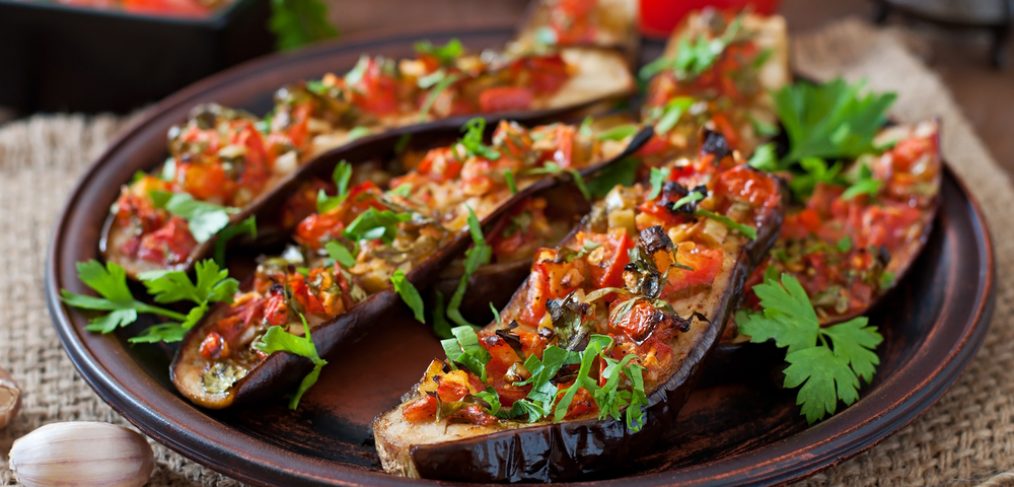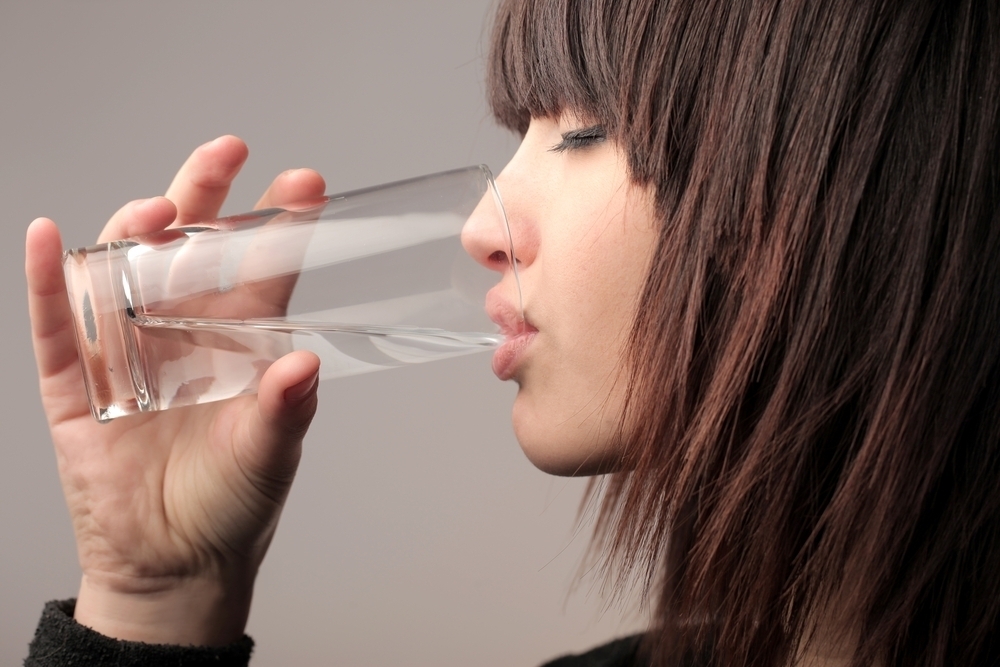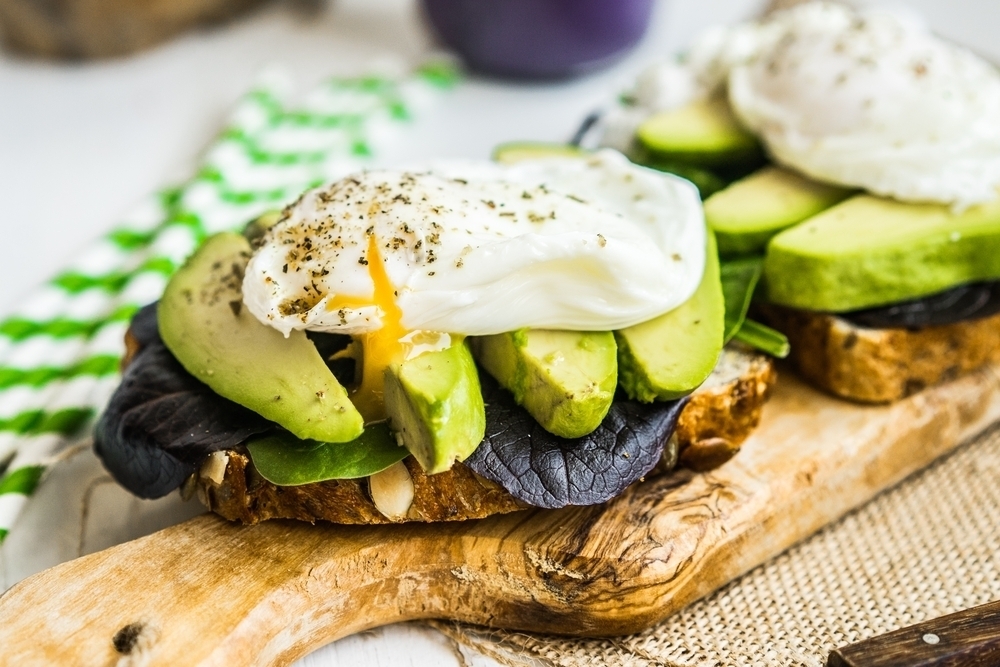
Clean Eating Tips
One interesting approach to nutrition that’s rising in popularity recently is called simply “clean eating.” And certainly, if it could help keep you healthy both before and after your wedding day, it’s worth a try, right? Well, we’re here to examine and evaluate this trend to give you the information you need to make healthy choices, and to decide if clean eating is worth pursuing.
But What Is it, Exactly?
Of course, before we can go any further, we need to define what clean eating actually is. In essence, the basic tenets of clean eating are eating five to six times a day (three meals and two to three small snacks), choose organic, clean foods whenever possible, and drink at least two liters of water a day. There are other details, like including lean protein, plenty of fruit and vegetables, and a complex carbohydrate in every meal, but the three pillars of eating five-six times a day, choosing organic food, and drinking two liters of water each day are the basis of this idea. This sounds great in theory, but let’s examine it piece by piece to be sure.

Two Liters of Water
This is one realm in which clean eating is a little closer to being on-point, although of course, the truth is more complicated. How much water you should drink actually depends on your weight, location, and activity level. The rule of thumb is that you need between half an ounce and a whole ounce of water per pound you weight, every day. For example, a 150-pound person should drink between 75-150 ounces of water per day. The hotter and more arid your climate, the closer to the upper end of the range you’ll be. Likewise, the more exercise you get, the closer to the top you’ll be.
Eating Five to Six Times a Day
The idea here is that eating more often and in smaller portions is both better for weight loss and healthier in general because you’re spreading out calorie intake throughout the day and keeping your metabolism running smoothly. Sadly, the science does not agree here. Studies actually indicate there is no significant impact whatsoever to the frequency of eating, and that, in fact, eating more often makes you want to eat more.

Organic Foods
Similarly, the need for the foods to be organic (and, by extension, GMO-free) in clean eating is not borne out by actual scientific knowledge. GMOs, or genetically modified organisms, are largely a positive development, and allow crops to be fortified with necessary nutrients, more reliably protected from diseases, and be produced more cheaply. On the other hand, organic growing is volatile and has a huge chance of failure or of infested crops, because of the restrictions on pesticide use that organic growing entails. In short, while there are some legitimate concerns with the agricultural industry, organic food is not the answer and generally has no benefit to your health.
All that said, this one is pretty close to the mark. The majority of the other tenets of clean eating are highly questionable, though. Just eat a healthy, varied diet, with proteins, simple and complex carbohydrates, fruits, and lots of leafy greens and other vegetables, and you should be fine.



